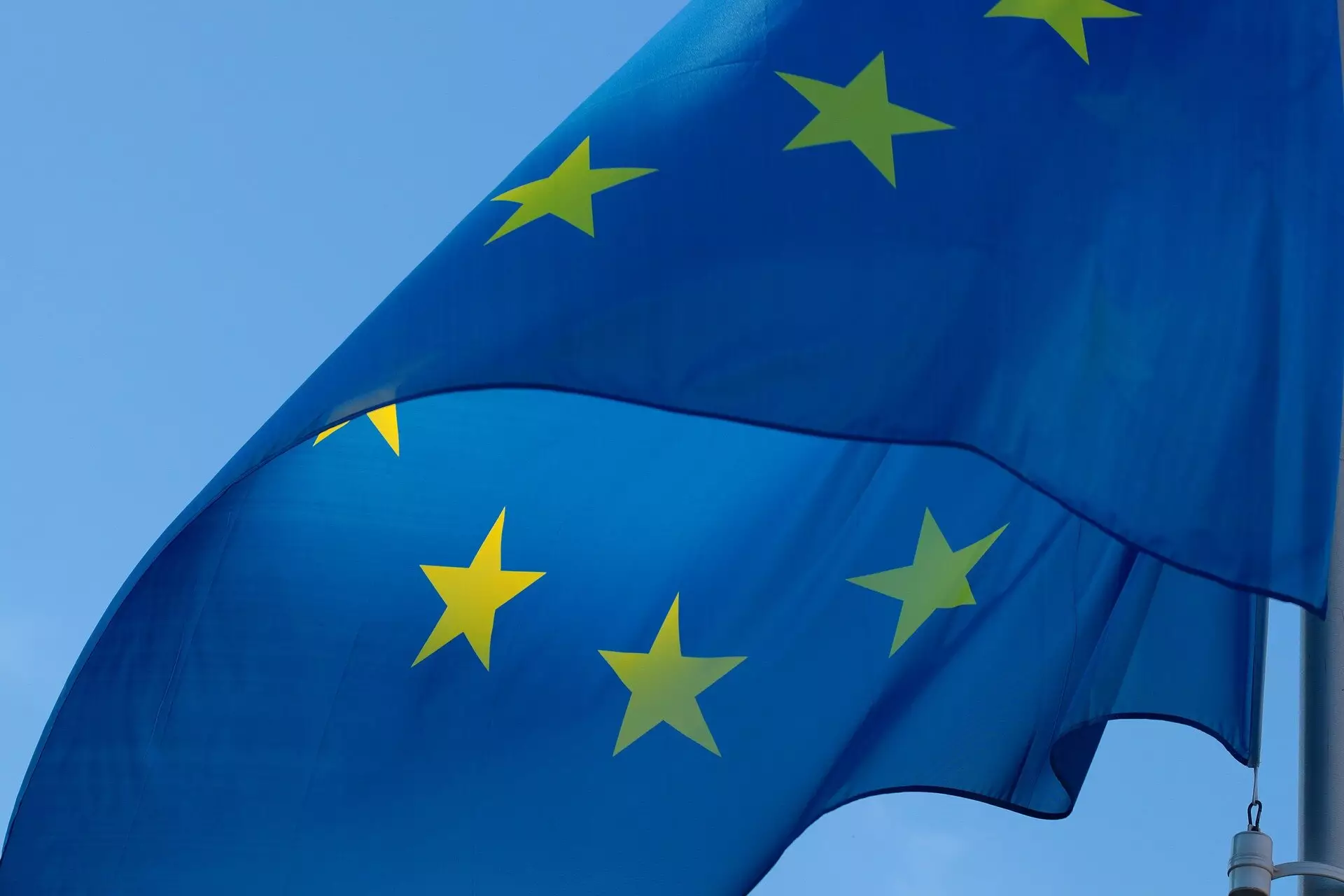In recent years, the European Union has made significant strides in protecting personal data online. The implementation of the General Data Protection Regulation (GDPR) in 2018 has forced websites to seek consent from users before utilizing cookies for tracking purposes. While this regulation aims to safeguard personal information, it has also introduced new challenges for internet users. The need to navigate pop-up windows and grant permissions has become a tedious task for individuals like physiotherapist Victoire Philippe, who opts to refuse most requests. This shift towards more transparency and control over personal data marks a crucial step in addressing privacy concerns in the digital age.
Furthermore, the EU’s ruling in 2014 regarding the right to be forgotten has paved the way for individuals to request the removal of personal information from search engines under certain circumstances. With the GDPR expanding these rules, there has been a noticeable increase in requests for data erasure. While tech giants like Google have pushed back against these regulations, users now have the power to demand the deletion of their personal data, including past employment records. This newfound control over one’s online footprint signifies a significant shift in the way data privacy is approached and protected within the EU.
In addition to privacy concerns, the EU has also addressed consumer issues related to mobile networks and device compatibility. The ban on roaming charges within the bloc in 2017 has significantly reduced costs for users travelling within Europe. This change has not only made communication more affordable but has also simplified the process of staying connected while abroad. Moreover, the decision to standardize charging ports to USB-C for all mobile devices sold in the EU is set to streamline the charging experience for users. While some manufacturers initially resisted this change, citing concerns over innovation, the move towards a universal charging port is expected to enhance user convenience and reduce electronic waste.
As online platforms continue to dominate the digital landscape, the EU has introduced regulations to ensure fair competition and access to services. By imposing restrictions on major tech companies and requiring them to offer access to competitors’ services, the EU aims to prevent monopolistic practices and promote innovation. For instance, Google is no longer permitted to redirect users from its search engine to its maps app automatically. This enforcement of competitive neutrality ensures a level playing field for all online service providers and enhances consumer choice. While the full impact of these regulations is yet to be seen, they represent a proactive approach towards maintaining a balanced digital ecosystem.
The European Union’s advancements in technology regulation reflect a commitment to protecting user privacy, promoting consumer rights, and fostering competition in the digital sphere. By addressing key issues such as data privacy, roaming charges, charging port standardization, and online platform regulation, the EU has demonstrated a proactive stance towards innovation and user-centric policies. As technology continues to evolve, the EU’s role in shaping a sustainable and equitable digital environment becomes increasingly significant.


Leave a Reply